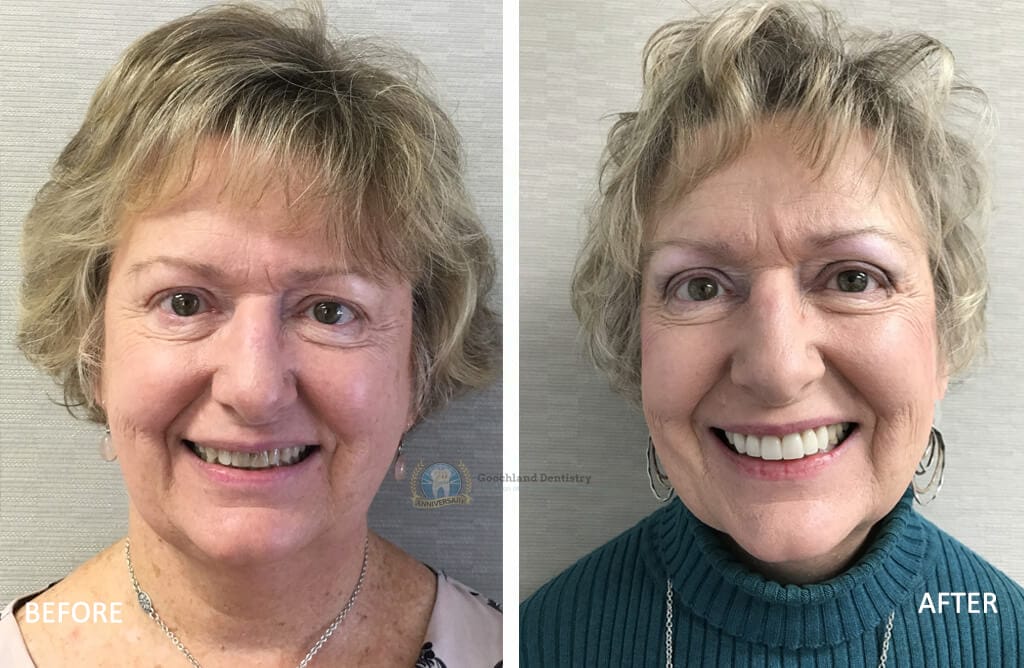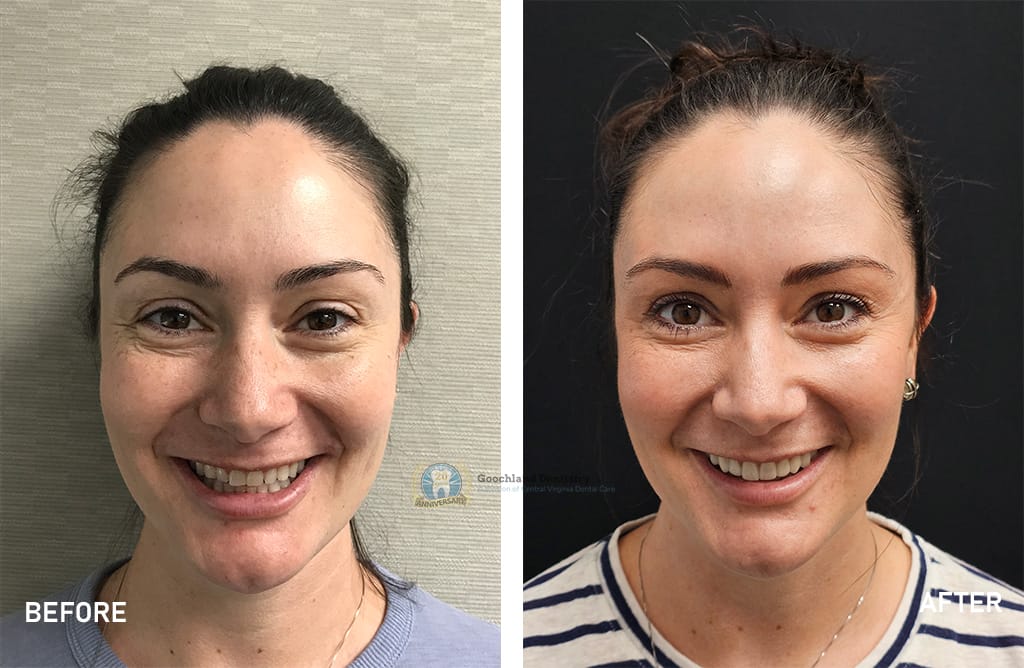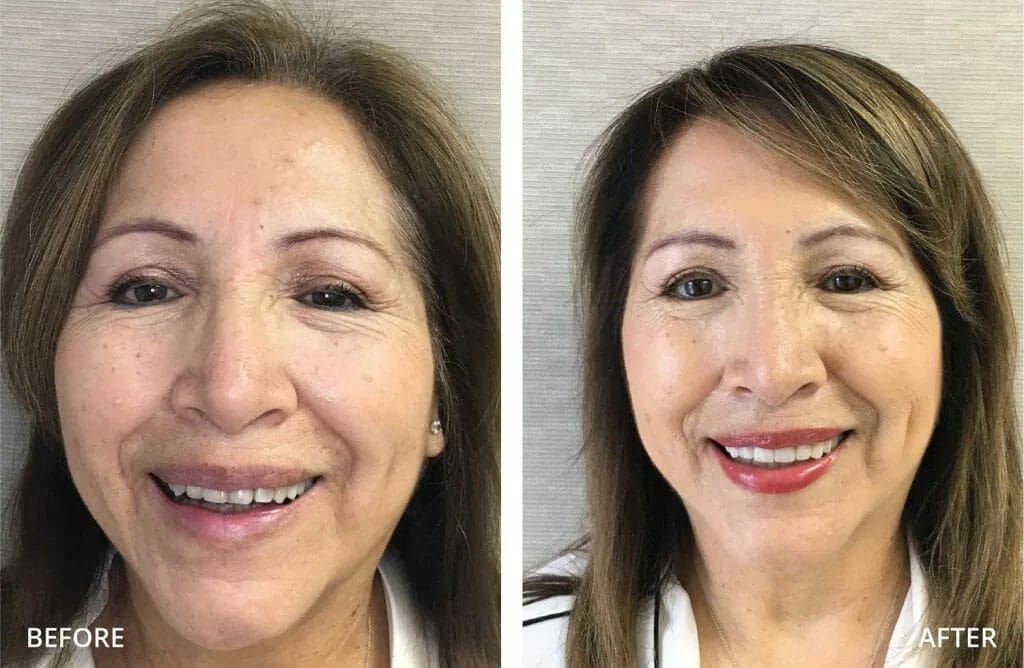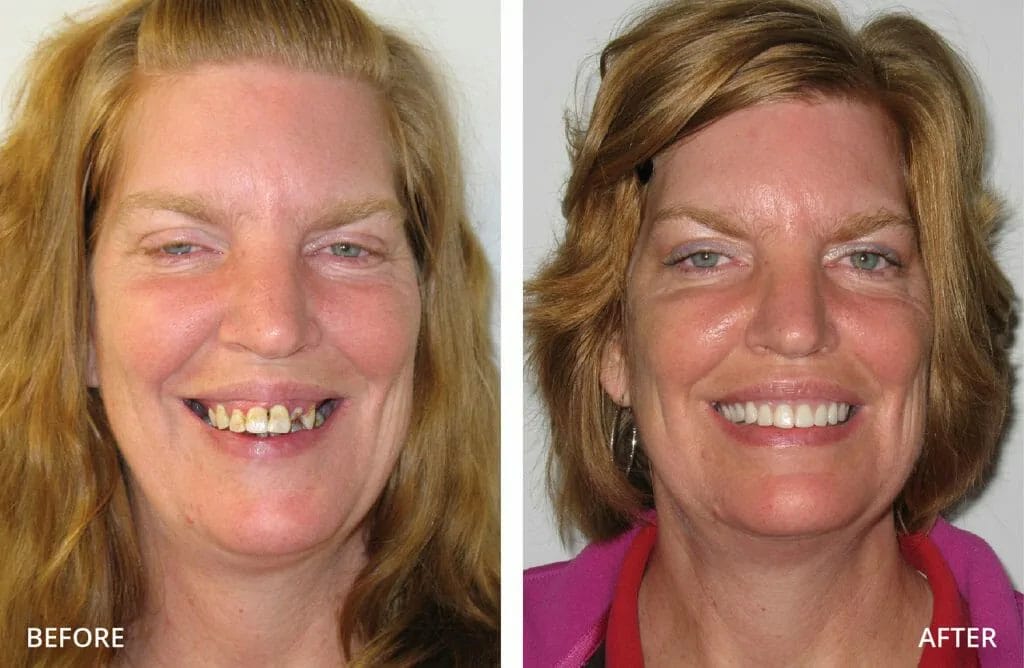
26
Aug
Dental Causes of Headaches

Even a mild headache can be maddening if it persists for hours, days, or weeks. And a debilitating recurring headache can make it impossible to lead a full life. If you’re suffering from chronic headaches, you may have already seen your doctor. But would it surprise you to learn that a dentist might have the solution to your problem?
In fact, chronic headaches are often caused by underlying dental issues. Here are just a few ways that this can affect you.
Referred Pain – How Jaw Pain Becomes a Headache
If you think about it, it makes sense that a headache could start in your face. After all, your face is part of your head. And anyone who’s ever had a migraine or tension headache knows it’s impossible to pinpoint the exact location of the pain.
But dental-related headaches come with another problem: referred pain. Sometimes, when pain is caused in one part of the body, we feel it in another part. This most often happens when those body parts are part of the same nerve structure. The jaw is tightly “wired-in” to the head’s nerve structure.
This can result in some confusion. For instance, jaw pain can result in severe pain in the temples. You can imagine how confusing this could be for a GP who’s trying to make a diagnosis. If you’re complaining of temple pain, why would they think to look in your mouth?
Tension Headaches
There are two types of headaches that are typically caused by dental issues. The first is a simple tension headache. A tension headache happens when muscles in the skull involuntarily tighten, which causes cramping that slowly turns into more severe pain. When this happens in the jaw, it can cause severe pain throughout the head.
The good news is that jaw tension is often caused by malocclusion, which is dental-speak for “bad bite”. Bad bites can be caused by wisdom teeth, misaligned teeth, or even previous dental work. When the jaw becomes misaligned, muscles tighten to compensate, causing pain. Ultimately, there are orthodontic solutions for just about any misaligned bite. It simply requires patience and a series of visits with an orthodontist.
Migraines
If you’ve ever suffered from a migraine headache, you know how debilitating they can be. It doesn’t matter how much you want to work or spend time with your family. When a migraine strikes, life comes to a screeching halt. But migraines, just like tension headaches, don’t always originate in your skull. They may originate in your jaw.
The most common cause of this kind of pain is pain in the temporomandibular joints (TMJs). Your TMJs connect your jaw to your skull right at the outside of your jawbones. Because of this position, they’re used in just about every facial movement. Talking, laughing, and even eating requires you to use your TMJs. When your TMJs become overstressed, they may cause head pain, including migraines.
Real Patients Real Results
Before and After Results of Our Patients
- Janice had gradually chipped her front teeth and fillings that had worn out gradually over time. She wanted to have a bright confident smile.
- We helped her by designing and customizing her smile to have even colors, increased length and brightness. We used six porcelain crowns.
- Smile makeover. Tara was having TMJ pain with grinding her teeth, and the grinding had chipped and shortened her teeth.
- Dr. Murchie performed a bite adjustment, night guard and then in 3 steps did a smile makeover and bite lift to lengthen her upper teeth. She was very happy with the result.
- Smile makeover and dental implants to replace missing back teeth.
- Ms. G’s goal was to have her smile redone as she had several crowns and fillings that were wearing out. She had several missing back teeth and she wanted to improve her chewing.
- We used a combination of eMax crowns and veneers to maximize her smile and worked with Dr. Ben Overstreet for the placement of the dental implants. Dr. Murchie placed teeth on the implants.
Causes of Jaw Pain
There are a number of possible causes of jaw pain. The first, as we already mentioned, is a bad bite, which can lead to tension headaches as well as migraines. But TMJ pain usually comes from continual stress. This often happens when you clench your teeth, or even grind them while sleeping – a condition called “bruxism”.
- Bruxism can be hard to diagnose, because you’re asleep when it’s happening. Here are a few symptoms that you might clench or grind your teeth:
- Your jaw is tight or fatigued
- Your jaw or face hurts, particularly in the morning
- You have pain in your teeth
- You have flat, chipped, loose, or broken teeth
- You have an earache, but no ear infection
- In some cases, TMJ pain can even result from chewing gum. Like any other type of jaw movement, chewing gum puts stress on your TMJ. Avoiding gum can sometimes alleviate the problem.
Possible Dental Treatment
If your headache stems from a dental problem, a dental solution may be in order. For instance, a bad bite is generally easy to fix. In most cases, braces are sufficient. But crowns and even oral surgery can be used even for smiles that need the most care. Regardless, a good bite can have cosmetic as well as pain-relieving rewards.
For TMJ-related pain, your dentist will need to do a more thorough examination. The first step is to determine whether you’re grinding your teeth at night. This involves prescribing a mouth guard that keeps your teeth from grinding together. It’s a common bruxism treatment that’s known to be effective. Be careful about over-the-counter mouth guards. If they’re not fitted to your mouth, they can actually cause additional stress, making your jaw pain worse.
If treating nighttime tooth grinding doesn’t fix the problem, it’s possible that you may be clenching or grinding your teeth from stress while you’re awake. Many people do this without even being aware of it. Treatment can range from meditation to exercise to therapy for stress management.
- There are also some things you can do at home to help alleviate jaw pain:
- Keep your jaw relaxed and your teeth apart unless you’re chewing or talking
- Avoid chewing gum
- Avoid chewing fingernails, lips, pens, or other objects
- Avoid sticky, tacky foods like taffy
- Avoid hard, crunchy foods like nuts
- Cut larger foods into smaller pieces, so you won’t have to open your mouth as wide
- Use a hands-free headset to keep from putting pressure on your jaw while you’re on the phone
Conclusion
As you can see, frequent headaches might only be a symptom of an underlying problem – a bad bite or TMJ pain. In this situation, there’s no simple home remedy that will work in most cases. Dental or orthodontic care is required to achieve long-term relief for either of these all too common conditions.
The first step in that process is to set an appointment. Goochland Dentistry serves all of central Virginia, and can be reached easily through their web form. You can also call them at (804) 784 4624, to get help with your chronic headache.


